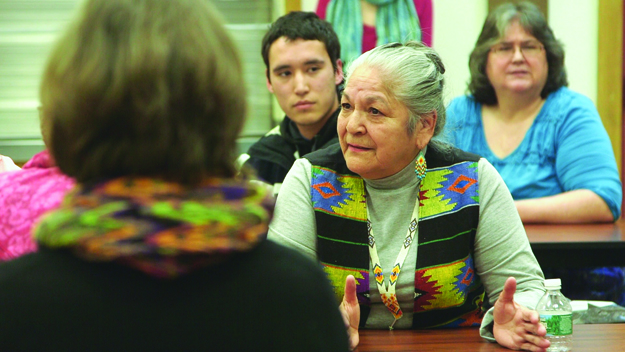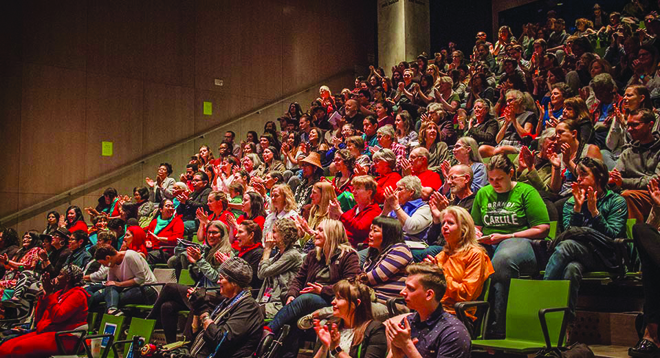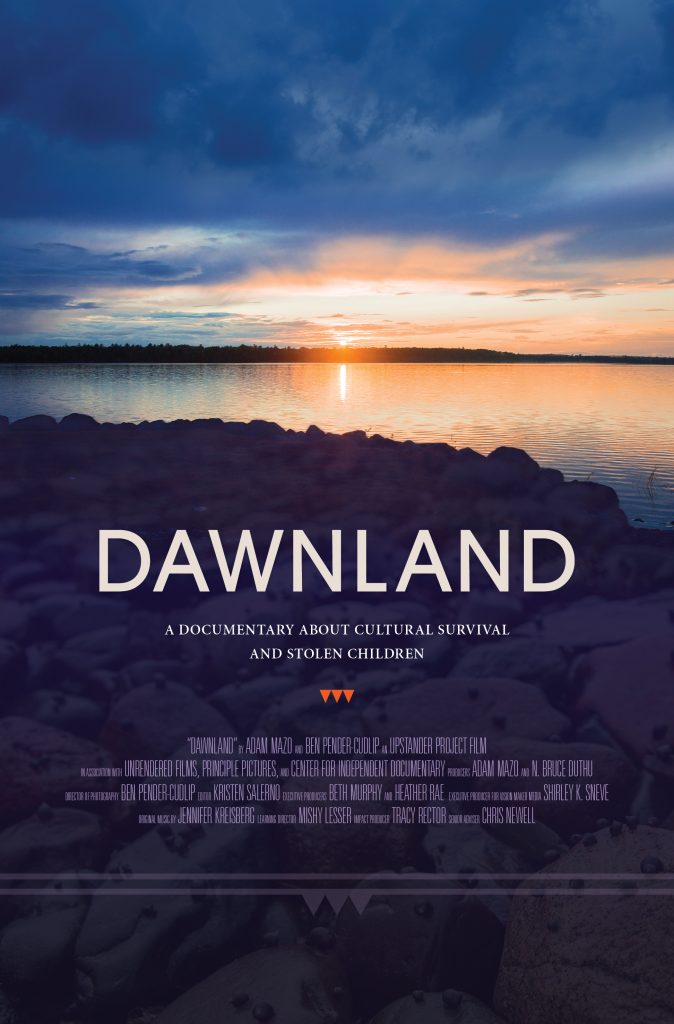
By Micheal Rios, Tulalip News; Photos courtesy of Upstander Project & SIFF
There has been a nationwide controversy over the United States government’s immigration policy in recent weeks. The sweeping wave of shock and disgust directed at the Trump Administration resulted from national news outlets detailing immigrant children being separated from their parents after being caught entering the U.S. illegally from Mexico.
For Native America, visual confirmation of the federal government forcibly removing innocent children from their parents, while arguing it’s for the good of the child, is nothing new. ‘Kill the Indian, save the man’ was a long-lasting theme by which Native children were separated from their communities and put into boarding schools or even unwillingly placed with white families.
For much of the last century, the United States government maintained a genocidal policy that forcibly removed Native American children from their homes and placed them into white communities. As recently as the 1970’s, one in four Native children nationwide were living in non-Native foster care, adoptive homes, or boarding schools.* Many of them faced traumatic physical and emotional abuse by white adults in effort to erase their cultural identity and history.
It’s hard to know just how many children experienced this separation phenomenon of the 19th and 20th centuries because there was no system in place to account for them and many disappeared.
Stolen children, racism, devastated families, and a cultural genocide resulting from government sanctioned atrocities committed against Native peoples are topics thoroughly explored and weaved together in the intense, feature-length documentary Dawnland.

“Today, Native American children are far more likely than other children to grow up away from their families and tribes,” stated Dawnland Co-Director Adam Mazo. “Many of us are familiar with popular culture’s portrayal of the westward expansion, Indian wars, and boarding schools. We are often taught to think that these occurred in a distant time, disconnected from people who are alive here now.”
Dawnland sheds light on the decades of forced assimilation and misguided child welfare policy that devastated generations of Indigenous people. Revealing the untold narrative of Native child removal in the United States, the film goes behind-the-scenes as a state-sanctioned Truth and Reconciliation Commission goes to the Wabanaki tribal community of Maine with the sole purpose of recording the actual history of this policy and to witness sacred moments of truth telling and healing.
The film follows both Native and non-Native commissioners as they travel across the state speaking to tribes of the Wabanaki people. These recorded meetings, the first state government sanctioned of their kind, produce intimate and harrowing moments of truth and reconciliation. But they soon discover these atrocities are more than just history, as current state policy continues to shatter Wabanaki families and threaten the tribe’s very existence. What begins as a learning process evolves into a modern fight for a people’s inalienable human rights.*
As part of this year’s Seattle International Film Festival (SIFF), a special public screening of Dawnland was held at the Seattle Central Library. Sponsored by Tulalip Tribes Charitable Fund, the screening was a hit as the library’s auditorium was filled to max capacity to watch the extraordinary documentary.
“The film will air on Independent Lens nationally on PBS in the 2018-2019 season and we’re super excited,” said filmmaker Adam Mazo in a Crosscut interview. “As far as we know this will be the first time that Wabanaki people are featured on a nationally televised program.”
*Source: Dawnland and SIFF press materials
